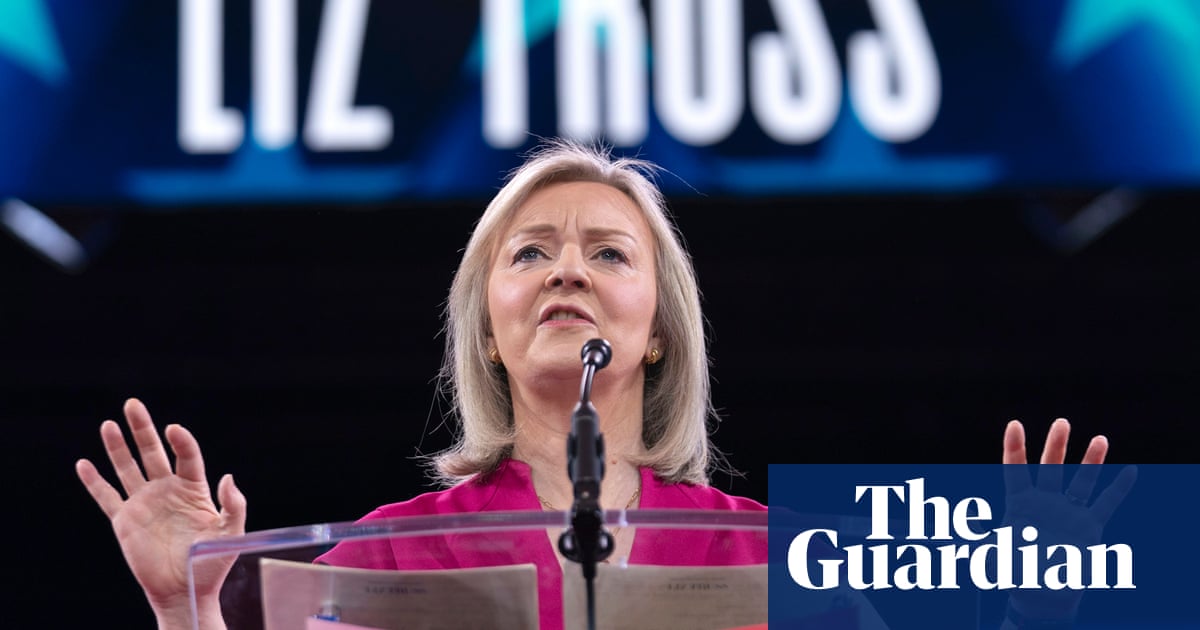TheConservativeswill “never again” risk the economy with unfunded tax cuts like those in Liz Truss’s mini-budget, the shadow chancellor is to say in the party’s clearest repudiation yet of the former prime minister.
Making a speech on the economy, Mel Stride is expected to go beyond any comments made by the Tory leader, Kemi Badenoch, thus far to accept thatTruss’s September 2022 fiscal plans, which involved about £45bn in unfunded tax cuts and quickly unravelled, badly dented the reputation of the party.
“For a few weeks, we put at risk the very stability which Conservatives had always said must be carefully protected,” Stride will tell an event in London on Thursday morning, according to extracts released in advance.
“The credibility of the UK’s economic framework was undermined by spending billions on subsidising energy bills, and tax cuts, with no proper plan for how this would be paid for. As a Conservative, of course I want taxes to be as low as possible. But that must be achieved responsibly through fiscal discipline.”
Stride will argue that while the Tories moved swiftly to limit the damage – the main tax cut was reversed in little more than a week, Kwasi Kwarteng was sacked as chancellor within three weeks, and Truss quit six days later – the party’s standing has taken a long-term hit.
“Back then mistakes were recognised and stability restored within weeks, with the full backing of our party,” he said. “But the damage to our credibility is not so easily undone. That will take time. And it also requires contrition. So let me be clear: never again will the Conservative party undermine fiscal credibility by making promises we cannot afford.”
Expressing a dim view of Truss’s record is not a particularly risky stance to take, withpolling shortly before she resignedshowing just 11% of voters thought she was doing a good job as prime minister. But previously Badenoch and her shadow team have avoided much direct criticism of Truss.
When asked about Truss, Badenoch has generally said the party needs to move on from debates about her premiership, although in January it emerged thatshe had told her shadow cabinet“it would be best if Liz would shut up for a while”.
In his speech, Stride is to say that, however misguided, Truss’s keenness for an economic reset was “in part born of exasperation with the failure of successive governments to put us on a path back to sustained growth and rising living standards”.
Sign up toFirst Edition
Our morning email breaks down the key stories of the day, telling you what’s happening and why it matters
after newsletter promotion
He will say: “The fact is for a large swathe of the population our economy simply has not been working for them for some considerable time. Incomes have stagnated. Many feel that the system only works for the benefit of others, for large corporations, or people from other countries, but not for them and their families.”
Insisting the answer is not the “magic money tree” populism of Reform, Stride will call for restrictions to public spending, particularly on social security, and supply-side changes to boost productivity.
